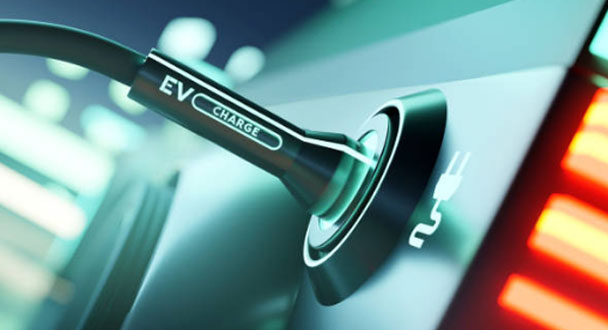
Should I consider leasing a hybrid or fully electric car?
There’s no doubt that EVs and hybrid vehicles represent the future, with the UK banning new cars and vans powered wholly by petrol and diesel from 2030. But why should you consider one of these now?
Given how cheap they are to run and maintain, as well as the various grants and tax inducements available to help you save on purchase price and maintenance, there’s no reason why an EV or hybrid could be the best choice for your next lease, depending on your usage.
What is the difference?
An Electric vehicle (EV) is a car that runs completely on electricity, stored in its onboard batteries, recharged via a cable. Otherwise known as a Battery Electric Vehicle (BEV).
“Hybrids” are cars that run using a combination of a conventional diesel or petrol engine and an electric motor and batteries. There are a range of different hybrids you can choose from, including plug-in hybrid electric vehicles (PHEVs) that also charge via a cable, self-charging hybrids, and mild hybrids.
What are the benefits of an EV?
Tax incentives and government grants for business: Currently, there are a number of tax breaks and grants that make owning or leasing an EV more cost-effective. If you are as business owner, speak to your accountant about this, we will be doing a separate blog on this soon.
Environmentally friendly: A fully electric car is possibly the best choice for the environment when you’re driving. This is because it produces near, or absolute, zero emissions. However there are arguments that the production of this vehicle is not good for the environment, given precious metals needed for battery production.
Cost-effective to run: It’s cheaper to run an electric car rather than a petrol or diesel one, even with the latest energy price-hikes.
Charge at home: Public charging stations may be rarer than petrol stations, (although there are apps available to find them), but you can charge an electric car at home to stay topped up, and avoid needing to ever go to a charging station unless driving a long distance. We can quote you for a home charging point for free, just get in touch.
Cheap to maintain: Since EV’s don’t require as much maintenance as there are fewer moving parts in an electric car, nor fuel changes than combustion-powered vehicles, EVs incur much fewer maintenance costs.
Quieter: On road, plug-in cars are quiet and smooth to run. This may change in the future however, due to EV’s being too silent for pedestrians to hear.
Less road tax: Owning or leasing a pure electric vehicle means you don’t need to pay any road tax (at the moment!).
What are the benefits of a hybrid?
Eco-friendly: Although not as green as an EV, a hybrid is still more environmentally friendly to run than a petrol/diesel powered car. Combining fuel with electricity, they produce lower emissions than fossil fuelled vehicles.
Less in fuel costs: Combining an electric engine with fuel means that hybrid cars offer better MPG. They should require less fuel to cover longer distances, which means you’ll be spending less on fuel top-ups.
Charging: The batteries are smaller, and either charge via a cable with a shorter charging time, or if it’s a self-charging hybrid, you don’t need to do anything at all.
What do I do next?
EV and Hybrid technology is still evolving rapidly, and it may not suit your situation. For example If you make unusually long journeys on a frequent or daily basis, or you can’t charge it at home. We’d recommended you stick with a conventional combustion engine, for now. Sooner or later, the technology will catch up, and there’ll be more options to choose from.
Regardless of the type of vehicle you choose to lease we always have great options on both EV’s and hybrids to lease personally or through a business. Find out more by contacting us via email: info@thevehiclenetwork.co.uk or call us on 0800 781 0124.
